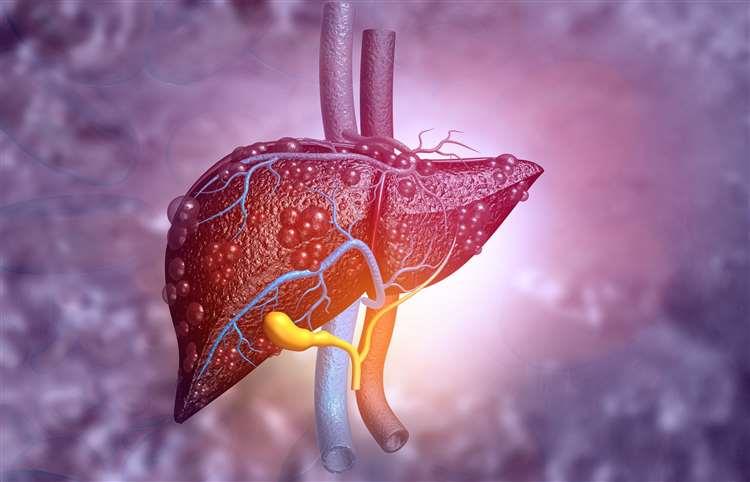From time to time I like to post up any interesting liver research that’s recently been concluded, that may be of interest to others.
When I developed end-stage liver disease back in 2015, I became diabetic. No one could tell me why, or even which type of diabetes I had. The diabetic doctor told me it might be type 1 and the diabetic nurse told me it was type 2. When I asked what caused this sudden change, the diabetic nurse simply said, “Oh, it’s your pancreas not producing enough insulin”. I then went and did my own research.
The fact that my liver had become heavily cirrhotic, sounded more probable that it had now become insulin resistant. But what if there was another reason behind all this? I’ve recently come across this interesting article.
“DNA mutations impacting liver disease patients identified by Wellcome Sanger Institute and Cancer Research UK Cambridge Institute”
DNA mutations that impact metabolism and insulin sensitivity for patients with liver disease have been identified for the first time.
Five genes were found that are mutated in these patients by researchers, who also uncovered a deeper understanding of the role three of them play in the disordered fat metabolism seen in non-alcoholic fatty liver disease (NAFLD) and chronic alcohol consumption.
The research, published in Nature, was carried out by the Wellcome Sanger Institute, the Cancer Research UK Cambridge Institute and the Cancer Grand Challenges Mutographs team with collaborators.
It shows that these mutations reduce the sensitivity of liver cells to insulin. Resistance to insulin activity is found in type 2 diabetes patients.
The study demonstrates that mutations acquired during a person’s life could impair the liver’s ability to respond in a normal way to dietary sugars and fats.
More information about this study can be found here: cambridgeindependent.co.uk/...
Many people who go on to have a liver transplant may well still be diabetic post-transplant as some anti-rejection medication can alter the way the hepatocytes in the liver process sugars. However, some transplant recipients can go on to reverse their diabetes completely.
This research does explain why possibly some of us aren’t able to reverse our diabetes if such DNA mutations are impacting our livers.
